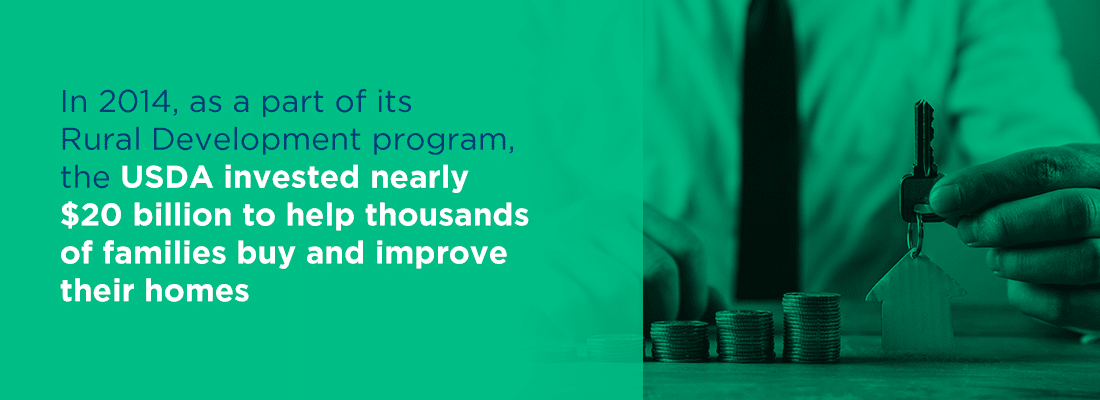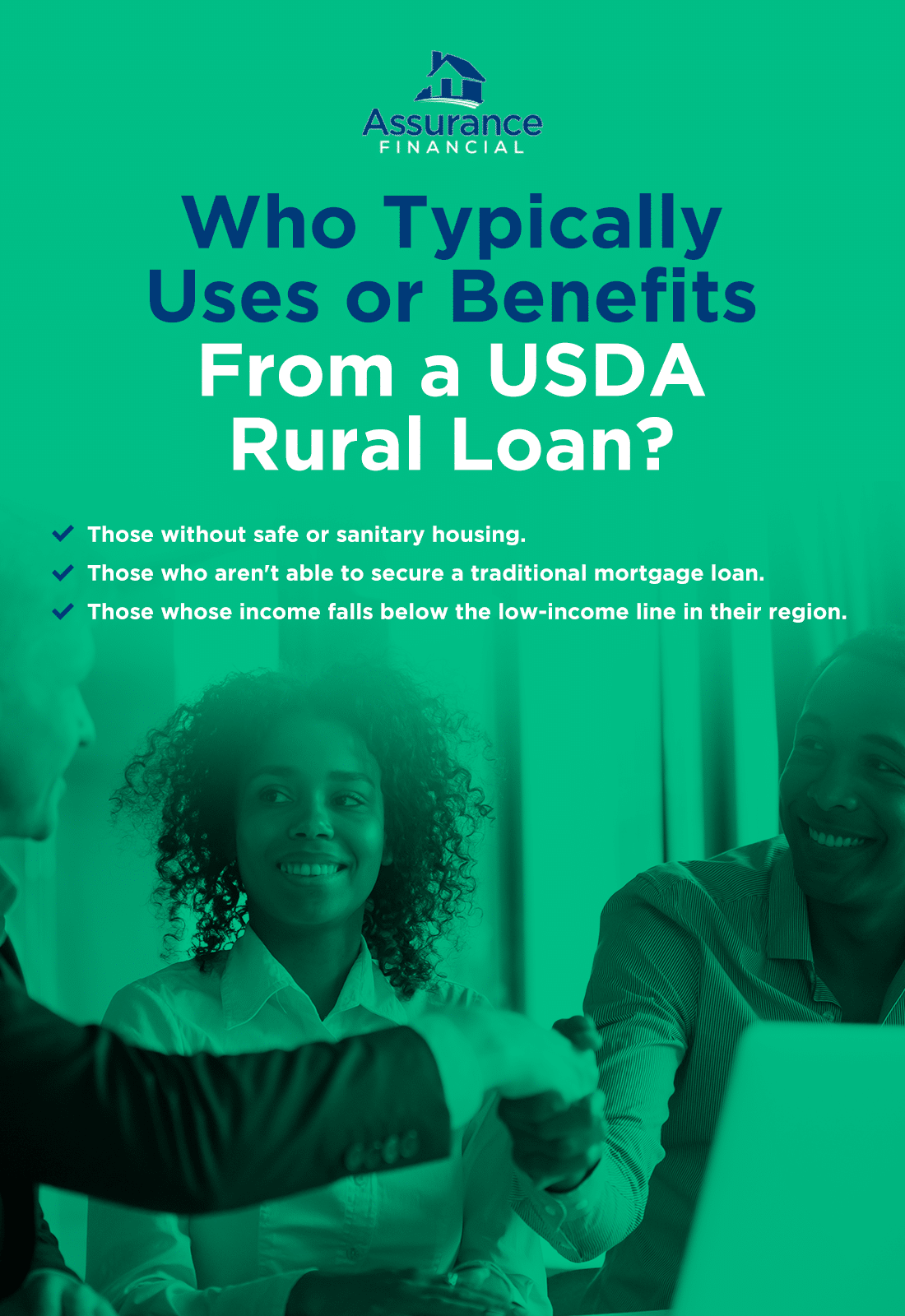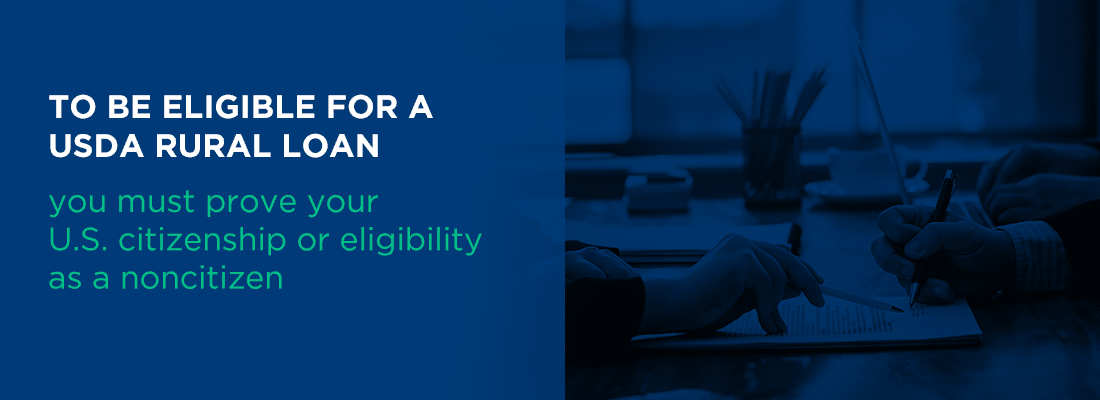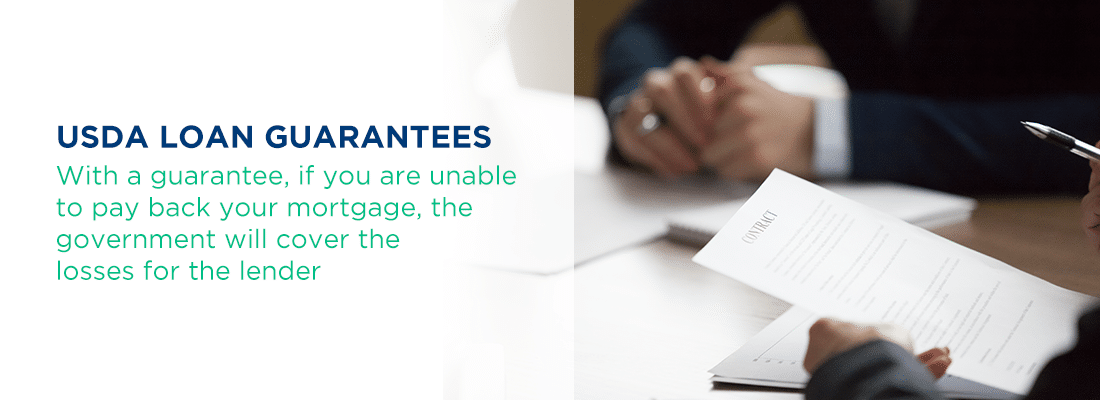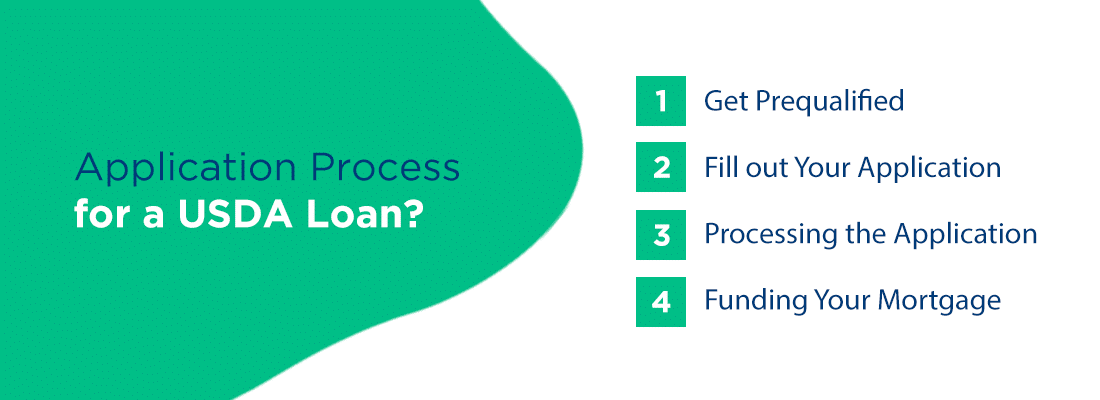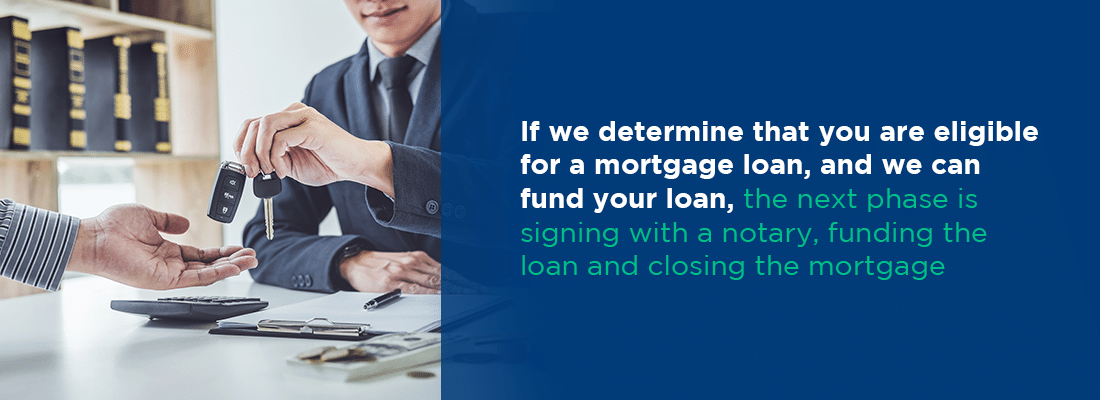Category: Loans
Building or restoring a home is a significant commitment that requires a decent amount of time and money. Luckily, construction loans exist to remedy this problem. Before the recession in 2008, small builders had better access to capital, but now they frequently put the buyer in the position of obtaining the construction loan. These loans can be tough to acquire without previous banking history due to a lack of available collateral— such as a finished home. Construction loans are typically short-term loans with a maximum of one year and have varying rates. This type of loan will also have a higher rate than a permanent mortgage loan. Borrowers should be prepared to build some allowances into their construction timetables since delays due to weather and material or labor availability are reasonably frequent.
When and How are Construction Loans Useful?
As the borrower, you have several options when building your own home. You can get a construction loan or use the equity in your existing home to finance building your house. Once you settle for this option, it’s time to find a homebuilder. Hiring an architect is like hiring any professional — you want to work with the best. Contact your local chapter of the National Association of Home Builders to get recommendations, and ask your friends, family or known real estate agents who specialize in new home construction. When interviewing possible builders make sure they have experience in the type of residence that you want. Ask about their licensure and insurance, and make sure they’ve got a solid reputation within your community. After construction is completed — when a certificate-of-occupancy is issued, and contractors have been fully paid — the borrower’s loan will usually roll over into a mortgage loan. Some lenders will combine these two loans into a single 30-year loan with one closing. This is called construction-to-permanent financing. However, these types of loans pose a greater loan-to-value risk to the bank so borrowers should be prepared to put down higher down payments or more collateral. If you own the land already, you can use that as collateral. Our construction loan program offers competitive fees and rates, as well as flexible draw schedules, to keep you and your builder or contractor moving efficiently throughout the process.
[download_section]
But Isn’t New Construction Only for the Wealthy?
There are several ways you can finance your new construction, no matter the situation. Whether it’s financed by the builder or the buyer, we will help you find the one perfect for you and your lifestyle. There isn’t a required minimum down-payment of 20% because the down-payment will depend on numerous factors. Depending on the equity of the land, the location, your situation – it can all change the amount of down-payment required.
But the Loans are Limited and I Need to Own the Land First, Right?
If you own the land, the equity will act as all or part of your down-payment. If you do not own the land, it will be purchased with the first draw after the construction loan is closed. Loan options, along with down-payments, vary depending on many factors. However, the key thing to remember here is that there are options out there for you. Depending on the lender, the type of home, and terms, your options for construction-to-permanent loan options can vary.
There are different requirements for each loan, and while they are uncommon, they are not unusual. If you’re interested in applying for a construction loan, contact one of our home loan experts today!
Is your dream home a little more expensive than most lenders will agree to? Well, have no fear, a jumbo loan is the best way to get the financing you need for your dream home. Jumbo loans were created to help people move into a dream home, even if it was more than most lenders would agree. Because of the amount of money involved, the risk of this type of loan is high. Jumbo mortgages typically exceed conforming loan limits to get buyers into luxury properties. More recently, jumbo mortgage rates have been historically low, which is attractive to people wanted to borrow large amounts. In addition to low rates, interest on jumbo loans — up to $1 million— can be tax deductible, but you’ll need to check with a qualified accountant. If you want a loan amount over the conforming limit, it is possible to use a non-jumbo conventional loan plus a second mortgage to make up the difference.
When & How are Jumbo Loans Helpful?
If you’ve heard the term “Jumbo Loan” before and have been confused as to what it means, that’s understandable. The “Jumbo” in “Jumbo Loan” doesn’t refer to the size of the house, rather, the price. A Jumbo Loan is a mortgage loan exceeding the loan limits established by government regulation. The jumbo loan limit is $424,100. However, it does go up to as much as $625,000 in more high-cost areas of the country. Jumbo loans do not fit the typical standards of mortgage loans, so they are a great way for qualified buyers to purchase a luxury home. The ideal bowers will have low debt-to-income ratios, high credit scores, and the ability to put down a large down payment. If you fit these requirements, you may find that a jumbo loan will get you into the house you desire. If this fits your situation, let us know. We’ll get you the financing you need at payments you can afford!
APPLY TODAY[download_section]
What Does My Credit Score Need to be to Qualify for a Jumbo Loan?
The higher, the better. Typically, to get approved for a Jumbo loan you need a credit score of 700 or above. However, this may vary with lenders. Typically, lenders will require a down payment of at least 20 percent. This price range is because there are no private mortgage insurance options for Jumbo loans. As with the mortgage, interest rates will vary depending on the lender. However, due to the amount involved, interest rates can exceed $1 million. The good news is that this amount is tax deductible. If the price of the home you want to buy is over $424,100, then this loan is for you. Anything above this range is beyond government regulations, so there are not private insurance options.
If your dream home required you to apply for a jumbo loan, contact one of our home loan experts today! We will help you get everything you need to get approved as quickly as possible.
For most people, buying a home is the most significant purchase they will make in their lifetime. Before you get started on your journey, it is important to understand which mortgage options are out there.
A conventional loan is one of the more popular options, but they come with a few significant requirements. Below we’ve shared a few details about conventional loans that’ll help you understand if they’re right for you.
The Basics of a Conventional Mortgage
The length of most conventional loans is 15, 20, or 30 years. To qualify, you will need a good credit score. The minimum score to be approved can vary from lender to lender, but a score of 620 is usually what you will need to be approved, and a score of 740 will help you secure the best rate possible.
Unlike other loans, a conventional mortgage will require a significant down payment. Most other loans require an initial payment of about 5%, but with a conventional loan you can expect put down up to 20%. The amount varies and depends on your credit history. You will also be responsible for origination fees, appraisal fees, and mortgage insurance.
Loan Limits
There are two types of conventional mortgage loans: conforming and non-conforming.
Conforming loans follow guidelines set by Fannie Mae and Freddie Mac. The rules for these loans are based on the size of the loan. In 2016, home loans for single-family homes were limited to $417,000, while higher-cost areas held limits up to $625,500.
Non-conforming loans are suitable for borrowers who don’t qualify for a conforming loan because the amount is more than what can be backed by Fannie Mae or Freddie Mac. Most lenders charge higher rates for non-conforming loans since they typically carry other fees and insurance requirements.
Is a Conventional Loan Suitable for You?
Conventional loans are a great choice for borrowers with a strong credit history who can afford a down payment of at least ten percent or more. The higher your credit score, the lower your interest rate.
Lenders are also looking for a debt-to-income-ratio that sits around 36%. People with a little more debt than average and a modest credit score may not qualify for a conventional loan. Acquiring a conventional loan is a little more difficult for those with a DTI over 43% and a credit score below 650.
[download_section]
Do You Qualify for a Conventional Loan?
Contact Assurance Financial today to see if a conventional loan is suitable for you. Our team of home loan experts is prepared to address any questions or concerns you have about the loan process.
Click here for more information about conventional loans at Assurance Financial.
Many homebuyers don’t realize there are several government home loans designed specifically for first-time buyers until it’s too late! Below we’ve listed a few of the most popular programs and shared some details that will help you land an excellent mortgage package.
FHA Loan
An FHA loan is distributed and insured by the Federal Housing Administration. The FHA is an agency within the U.S. Department of Housing and Urban Development. With an FHA loan, the lender won’t experience a loss if you default on the mortgage. These loans come with competitive interest rates, lower down payments and closing cost than conventional loans. If your credit score is 580 or higher, you may be eligible for a down payment as low as 3.5 percent of the purchase price. However, if your credit score is lower than 580 you may still qualify for an FHA mortgage, but the down payment will be at least ten percent of the purchase price.
USDA Loan
The United States Department of Agriculture has a homebuyer assistance program focusing on homes in selected rural areas (no farm required). The USDA guarantees the loan, and in some cases, no down payment is required, and the payments are fixed. Applicants with a credit score of 640 above undergo a simple process. With a score below 640 you can still qualify for a USDA loan. However, the lender will ask for extra documentation about your payment history. The loan program includes some income limitations, which varies by region.
[download_section]
VA Loan
Active-duty military members, veterans, and surviving spouses are eligible to receive a loan backed by the United States Department of Veterans Affairs. The VA guarantees a portion of the loan, leaving room for lenders to offer some special features. VA loans come along with competitive interest rates and don’t require a down payment. Loan recipients aren’t required to pay for private mortgage insurance (PMI), and there’s no minimum credit score needed for eligibility. If meeting payments on the mortgage become difficult, the VA will help negotiate a deal with the lender on your behalf.
Good Neighbor Next Door
The Good Neighbor Next Door Program is sponsored by HUD and assists law enforcement, firefighters, teachers, and emergency medical technicians with housing. The program offers a 50 percent discount on a home’s listed price in locations deemed “revitalization areas”. To be eligible, you must commit to living in the home for at least 36 months.
Fannie Mae or Freddie Mac
Fannie Mae and Freddie Mac collaborate with local lenders to offer mortgage options benefitting low to moderate-income families. Lenders supported by Fannie Mae and Freddie Mac can offer competitive interest rates and accept down payments as low as three percent of the purchase price.
Ready for the Next Step?
Want more information about government home loans? A home loan expert at Assurance Financial is ready to help you choose the right loan for you today. Our team of loan officers is qualified to help you find a program that fits your needs. Click here for more details and to get started today.
Obtaining a home loan isn’t a one-step process. Below we’ve laid out the most essential aspects of the home loan process. Our guide will help you be prepared for every step of the way!
Save Up for a Down Payment
The home loan process always starts with saving. Depending on the type of loan you choose, you may be required to make a down payment ranging from 2.25% to 20% of the purchase price of the home. Start by creating some room in your monthly budget for the down payment. The most convenient method is establishing an automatic deposit to a savings account, specifically for your home loan. If a large down payment isn’t realistic for you, consider an FHA loan. This loan program is designed for home buyers who can only make small down payments.
Track Your Credit Score
Having a good credit score makes the home buying process a breeze! Before you start the buying process, get a copy of your credit report. Looking at your report will help you understand how your credit profile appears to potential lenders. Once you’ve examined your credit profile, you can begin taking steps to improve your credit score if need be.
Get Organized & Prepared
When you submit your mortgage application, you’ll need to hand over a few important financial documents to your lender. Take some time to get organized and find all the records you need to provide your lender. Having these documents at the ready will accelerate the processing of your loan application. In most cases, you’ll need to provide your last two pay stubs, your previous two tax returns, your most recent W-2 form, and current bank statement.
Discover Which Loan Option is Best For You
Despite their sound advice, the loan program that worked best for your parents may not always be ideal for you. Take some time to research which loan program will fit with your current financial situation. Everyone has a set of unique financial needs. With a little digging, you’ll be able to find the loan that best suits your needs.
[download_section]
Contact a Lender
Once you’ve done all your research and assembled the necessary documents, it’s time to visit your lender. They’ll be able to assist you with all the heavy lifting involved in the mortgage process.
At Assurance Financial, we guide each of our clients through the home loan process, ensuring total transparency and support along the way. Our team of mortgage experts specialize in residential home loans and are here to help you. For more about our loan process, click here.

